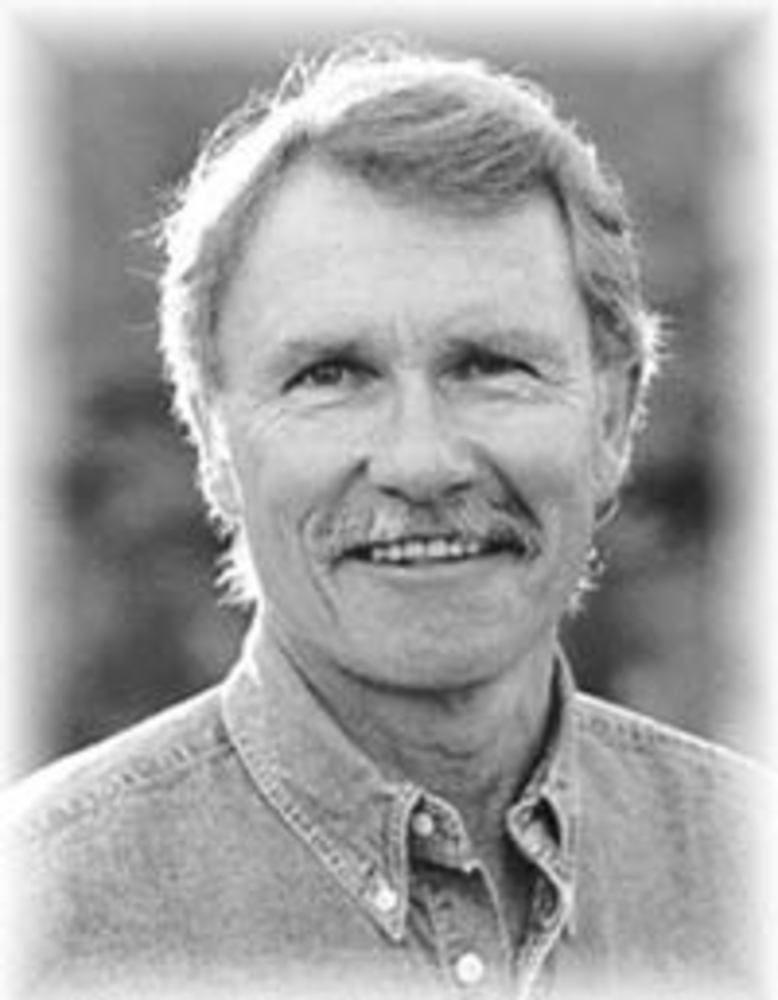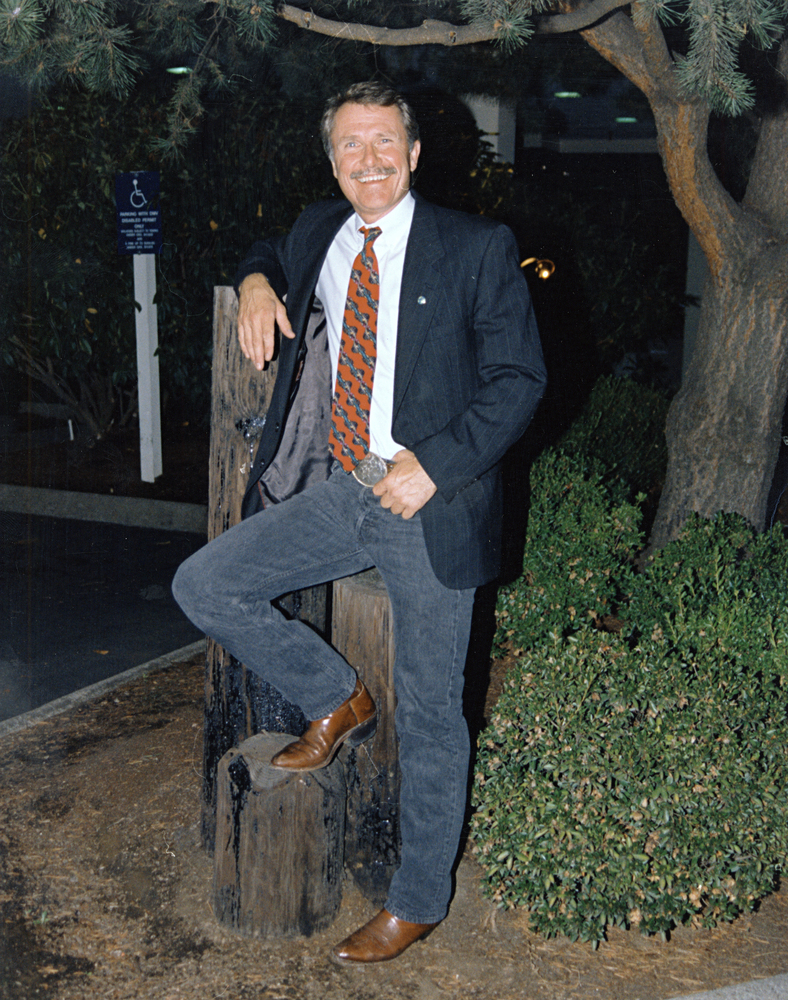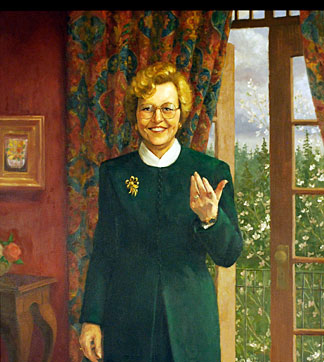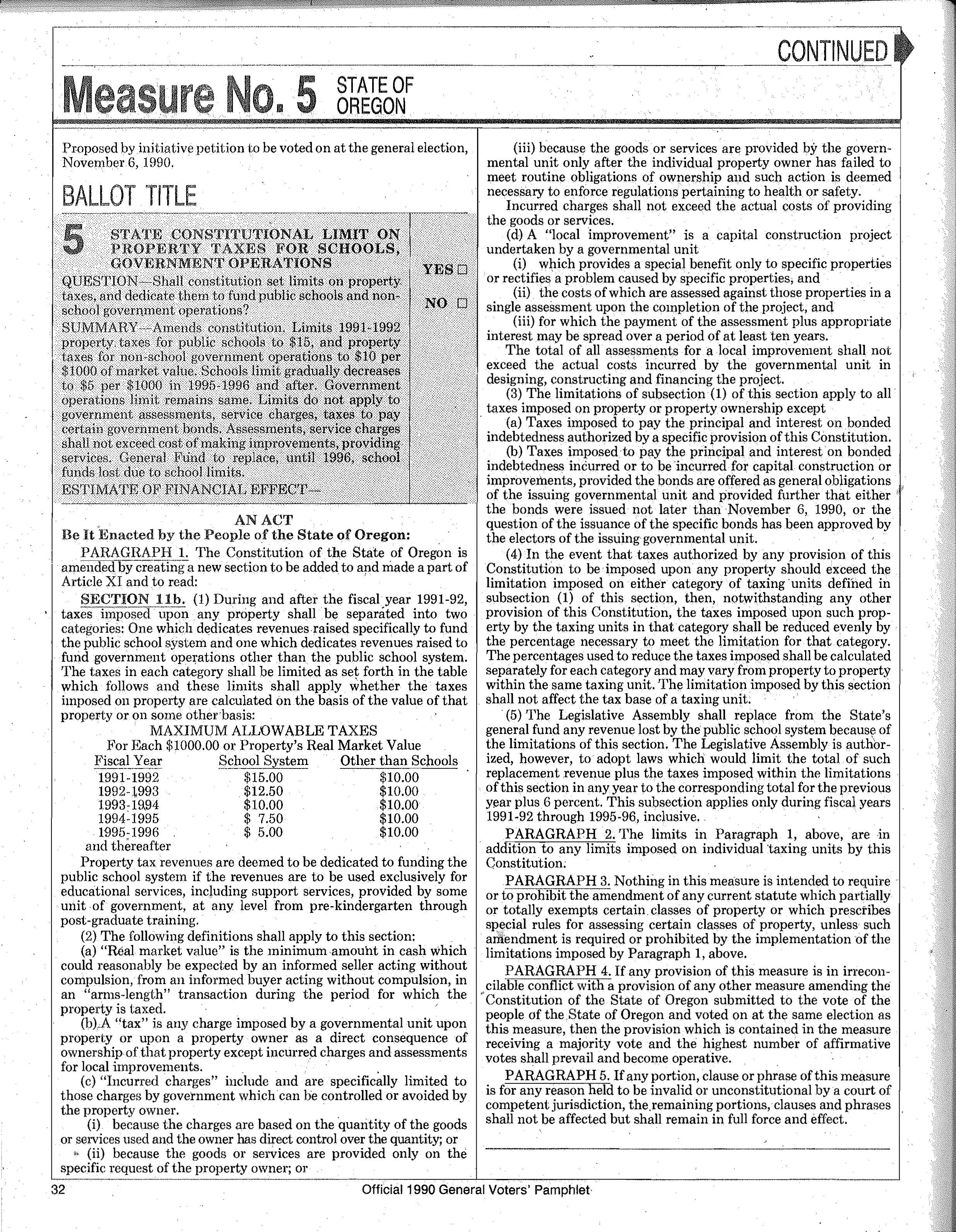John Kitzhaber, Oregon’s governor from 1995 to 2003, was born in 1947 and grew up in Eugene, the son of two University of Oregon professors. With a bachelor’s degree from Dartmouth College in 1969 and a medical degree from the University of Oregon in 1973, Kitzhaber became an emergency room physician in Roseburg. In 1980, at the age of thirty-three, he was elected to the Oregon House of Representatives.
In 1982, voters sent Kitzhaber to the state Senate, and in 1985 he was elected Senate president. Kitzhaber served four terms as president, most of the time working closely with House Speaker Vera Katz of Portland, an alliance widely known as "Kitz and Katz.” In his last term as Senate president, he was instrumental in designing and passing the Oregon Health Plan, intended to cover the critical health needs of all Oregonians. The plan used federal Medicaid funds to pay for fewer treatments for more people. Opponents attacked the plan as "rationing," and it took Oregon almost two years—and the election of President Bill Clinton—to get a federal waiver that allowed Medicaid funds to be used in that fashion. The measure went into effect in 1994, although its original requirement of an employer mandate never took effect.
In 1994, a year after leaving the legislature, Kitzhaber announced a primary challenge to Democratic Gov. Barbara Roberts. Roberts, whose administration had been criticized for ineffectiveness in dealing with funding pressures caused by the passage of the property tax-cutting Measure 5, chose to retire, and Kitzhaber solidly defeated the Republican candidate, former Rep. Denny Smith. He was one of the few Democrats elected in Oregon that year, and he would spend his entire governorship with a Republican-controlled legislature.
Kitzhaber's term as governor was largely consumed by the aftereffects of Measure 5, which in 1990 gave most of the responsibility for school funding to the state. Every legislative session became a battle over how to pay for public schools, with delegations of parents, teachers, and students busing to the capitol to lobby and GOP leaders holding a line against additional taxes. The state's per-pupil spending slid in national rankings, from fifteenth in 1990 to thirtieth in 2002. Although Kitzhaber generally supported school funding, some critics complained that he did not feel as passionately about schools as he did about conservation and the Oregon Health Plan. On all these issues, Kitzhaber's opportunities were limited by the state's economy and tax system and his frequent battles with the Republican legislative leadership. After vetoing forty-three bills in his second session—a record he later topped—he earned the nickname, at least from Republicans, of "Dr. No."
As his second and last term ended, Kitzhaber retained his popularity but declined Democratic appeals to run against U.S. Sen. Gordon Smith, a Republican from Pendleton. Instead, he continued to advocate for health care issues and was named president of the Estes Park Institute, which conducted educational conferences for community hospitals. He became director of the Center for Evidence Based Policy at Oregon Health & Science University in Portland and was named chair in health care policy at the Foundation for Medical Excellence. He also spoke widely around the country on the Oregon Health Plan and national health issues.
In 2006, Kitzhaber publicly considered running again for governor against his chosen successor and longtime ally, Ted Kulongoski. In the end, he decided instead to found the Archimedes Movement, an effort to re-imagine how health care might be more effectively delivered and to create the political momentum to make the change happen.
Kitzhaber remains a popular and influential figure among Oregon Democrats. He actively supported Steve Novick's unsuccessful run for the U.S. Senate nomination in 2008, and his name was widely mentioned for a post in the Obama Administration. For a few years, he remained more interested in health policy than in party politics and kept a generally low profile as a former governor.
In 2010, however, he ran again for governor against Chris Dudley, a moderate Republican and former Trail Blazer. A very close race was not decided for several days after Election Day, when the count in Multnomah County was finally completed.
During Kitzhaber’s third term, his first with a Democratic legislature, he focused on adapting the Oregon Health Plan to President Obama’s new Affordable Care Act, building around Coordinated Care Organizations to better integrate and limit the costs of health care. The Washington Post asked, “Is the future of American health care in Oregon?” and coverage expanded dramatically, although the registration web site collapsed, leading to litigation and a sizable loss of state funds. Also during that term, Kitzhaber—who had been governor during Oregon’s last two executions—announced that there would be no more executions while he was in office.
In 2014, in a national Republican year, Kitzhaber solidly won a fourth term over Dennis Richardson, a southern Oregon legislator. In his January 2015 inaugural address, he declared, “Disparity is the enemy of community,” to an enthusiastic audience.
Three weeks later, he resigned in disgrace after Nigel Jaquiss of Willamette Week reported conflicts of interest involving Cylvia Hayes, the governor's companion. The state Democratic leadership asked Kitzhaber to step down, making it nearly impossible for him to continue. Secretary of State Kate Brown became governor in February 2015 (she was elected for a second term in 2017). Investigations continued for the next three years, producing no criminal charges, but in March 2018 Kitzhaber agreed to a $20,000 fine from the state ethics commission.
-
![John Kitzhaber.]()
Kitzhaber, John.
John Kitzhaber.
-
![John Kitzhaber, about 2000.]()
Kitzhaber, John, bb004079.
John Kitzhaber, about 2000. Oreg. Hist. Soc. Research Lib., bb004079
Related Entries
-
![Albert R. Kitzhaber (1915-2006)]()
Albert R. Kitzhaber (1915-2006)
If you learned anything about writing in school, you may have Universit…
-
![Barbara Kay Roberts (1936–)]()
Barbara Kay Roberts (1936–)
In November 1990, Barbara Roberts became the thirty-fourth governor of …
-
![Measure 5 (property taxes)]()
Measure 5 (property taxes)
Ballot Measure 5, an initiative passed by Oregon voters in November 199…
-
![Vera Katz (1933–2017)]()
Vera Katz (1933–2017)
Once dubbed a "militant housewife" by the Oregonian, Vera Katz arrived …
Map This on the Oregon History WayFinder
The Oregon History Wayfinder is an interactive map that identifies significant places, people, and events in Oregon history.
Further Reading
Attig, Rick. "In Promise Kept, A Legacy." Oregonian, December 29, 2002.
Esteve, Harry. "High Hopes Run Aground." Oregonian, January 5, 2003.






